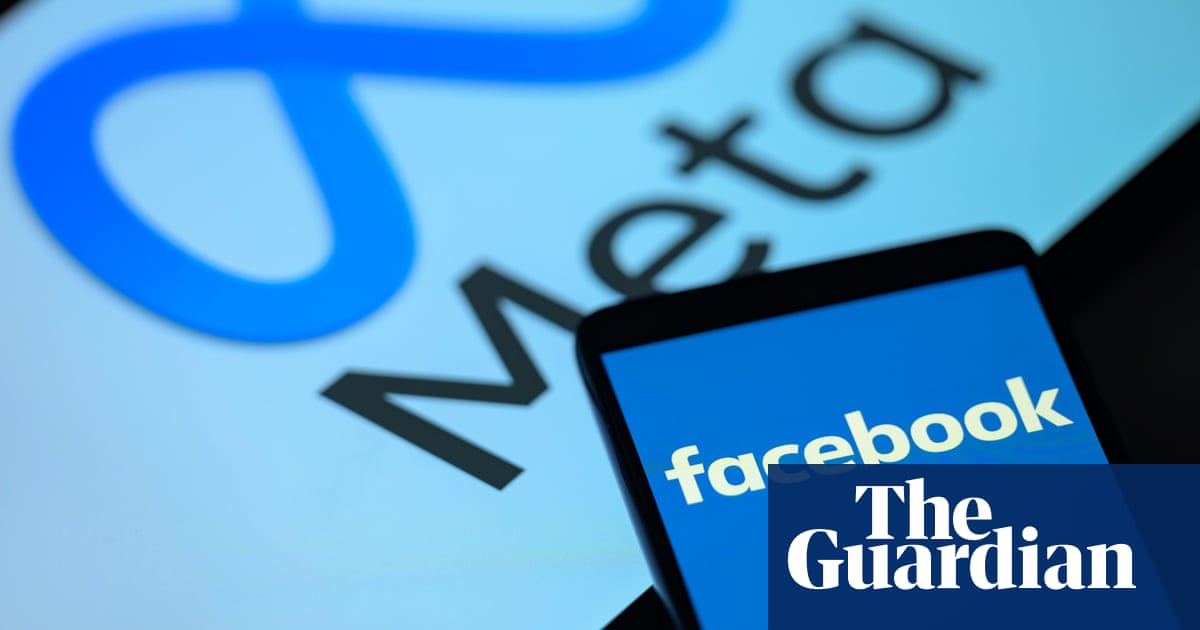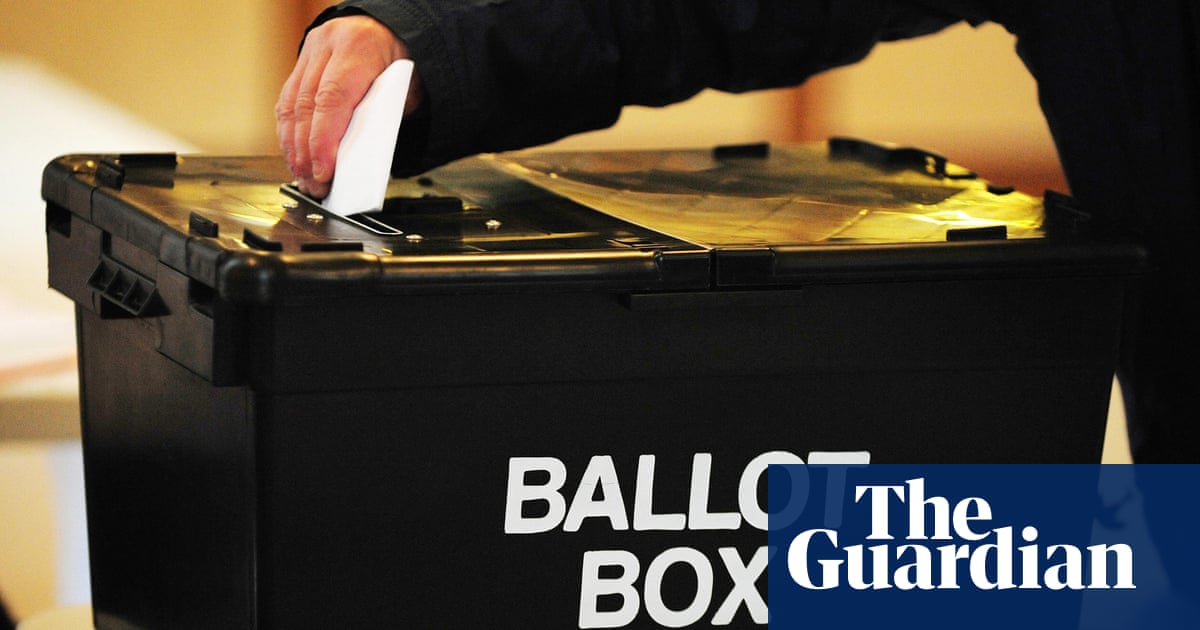One of the conventional pleasures of the American shopping experience has been buying more than you need while telling yourself you are being highly efficient. Beans in 12-packs; two, gallon-bottles of olive oil shackled at the collar bone; high-end electronics like the multipack Philips Sonicare electric toothbrushes I once bought for $300. $300! Where are those toothbrushes now? No idea. In the name of economy I did this for years, until all of a sudden I didn’t.
Times change, our awareness as consumers grows and eventually, if we’re lucky, it starts to dawn on us that warehouse shopping not only turns our apartments into storerooms but that the experience enables more waste than efficiency. As epiphanies go, it’s up there with realising you don’t have to say yes when someone offers you their kids’ cast offs – a moment captured in Emily Mester’s sly and brilliant new book, American Bulk: Essays on Excess. Mester, who chronicles a childhood spent browsing the aisles at Costco in the suburban Midwest, looks not only at the rise of ever more disposable goods but at the relationship we as consumers have with them.
In particular, she focuses on the psychological effect of what is now a blanket invitation to post reviews of every transaction we make. Mester, who used to post in this way, logged online opinions over the years of everything from, as the New York Times review of her book notes, “scratchy throw pillows, bad haircuts, a mean history teacher, until a restaurant owner responded to explain the human struggle behind a disappointing burrito”. The sheer absurdity of this undertaking – characterised by Mester as alienation masquerading as engagement – is at the heart of how most companies and services encourage us to behave. “In my attempts to reduce the frictions between me and certain objects,” Mester writes, “I’d multiplied the frictions that invariably remained. If I believed there was a best body wash, I had to fear the worst.”
Or to put it another way: the “abundance” in any given transaction is not what’s on offer from the retailer, but a much more precious resource – that of the consumer’s time. And what a titanic waste of time over-consumption is. Giving minutes or hours of thought to decisions that shouldn’t warrant even 30 seconds of internal debate; pushing every human experience through the lens of review, rating and complaint; encouraging shoppers to associate excess with fulfilment and “winning”. Bulk buying answers an emotional, rather than a practical need; we know this. But resisting it is another matter entirely.
The publication of American Bulk and the concurrent debate comes at an auspicious moment in western shopping habits, a month after Amazon launched Haul, a new sub-outlet that seeks to entice users into loading their shopping carts higher and higher by making everything under $20, and the majority of goods under $10. (The word “haul” itself refers to a trend on TikTok in which influencers and their copycats order every clothing item in a range, try them on for the camera, and return the ones that don’t work.) These trends, enabled by Chinese fashion behemoths like Temu and Shein – the latter now worth $10bn and releasing an extraordinary 7,000-10,000 new items per day – have resulted in a huge surge in returns, most of which go straight to landfill.
The problems of fast fashion are different to the anxieties brought on by ordering more cans of beans than you reasonably have space for. Both, however, rest on misplaced ideas about value. Most of us deploy some kind of shonky mental maths to justify spending too much – using the solid “cost per wear” rationale, I recently bought a winter coat which, if I’m honest, I’ll have to wear every day until I die to make the maths work. In the supermarket, my new thing is to reward myself for resisting the siren call of bulk buying by going super-fancy on individual items, resulting in a lot of chef-grade jars in my cupboard that probably aren’t worth the money.
Still, it’s better than the alternative. When I’m tempted back towards the path of over-buying, I’m reminded of a friend who used to buy 64 eggs at a time from Costco on the basis that it worked out cheaper to throw out half of them than buy fewer, more expensive eggs and finish the pack. Groceries are expensive right now but even so, that isn’t a price most of us should be willing to pay.

.png) 1 month ago
11
1 month ago
11













































